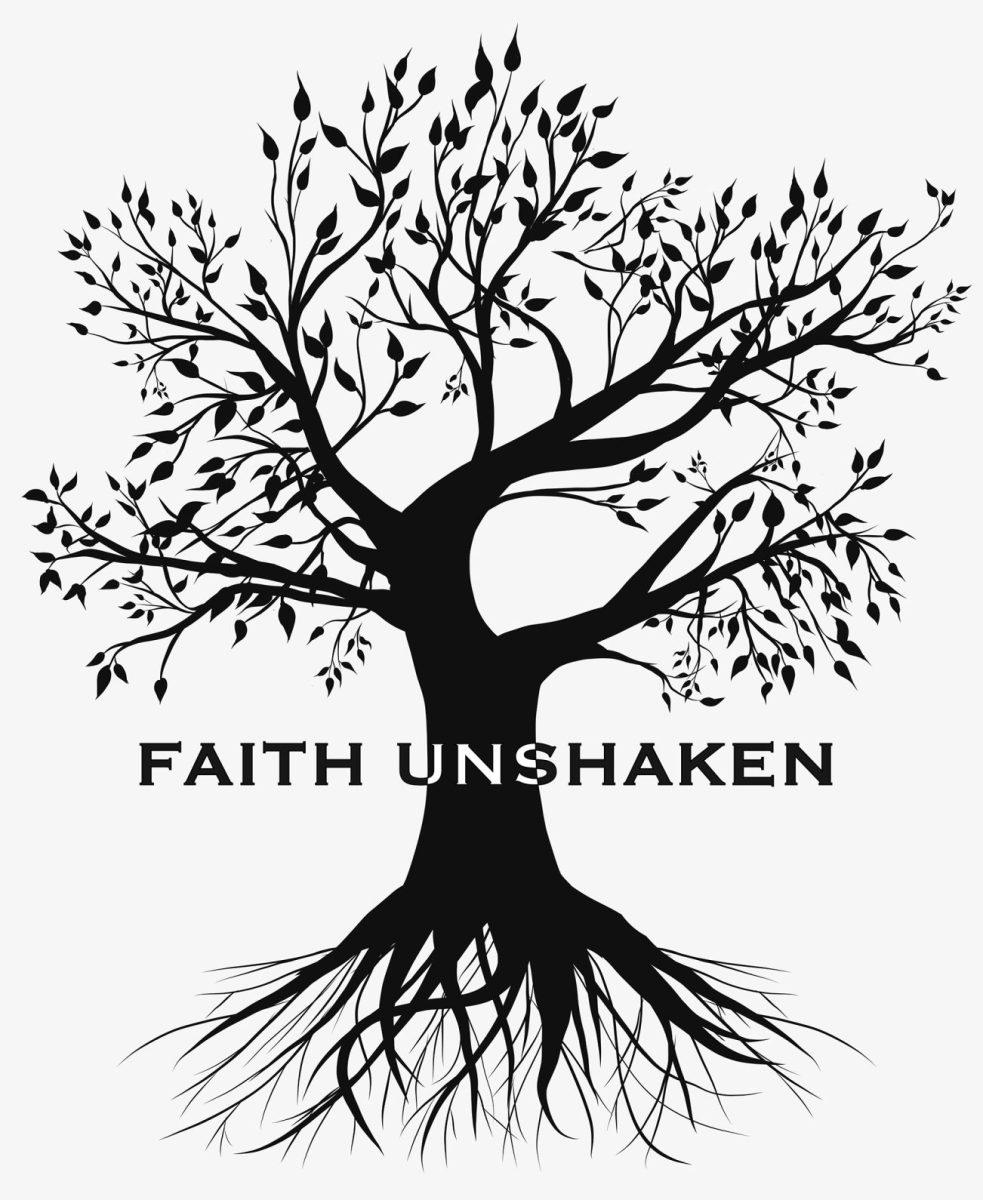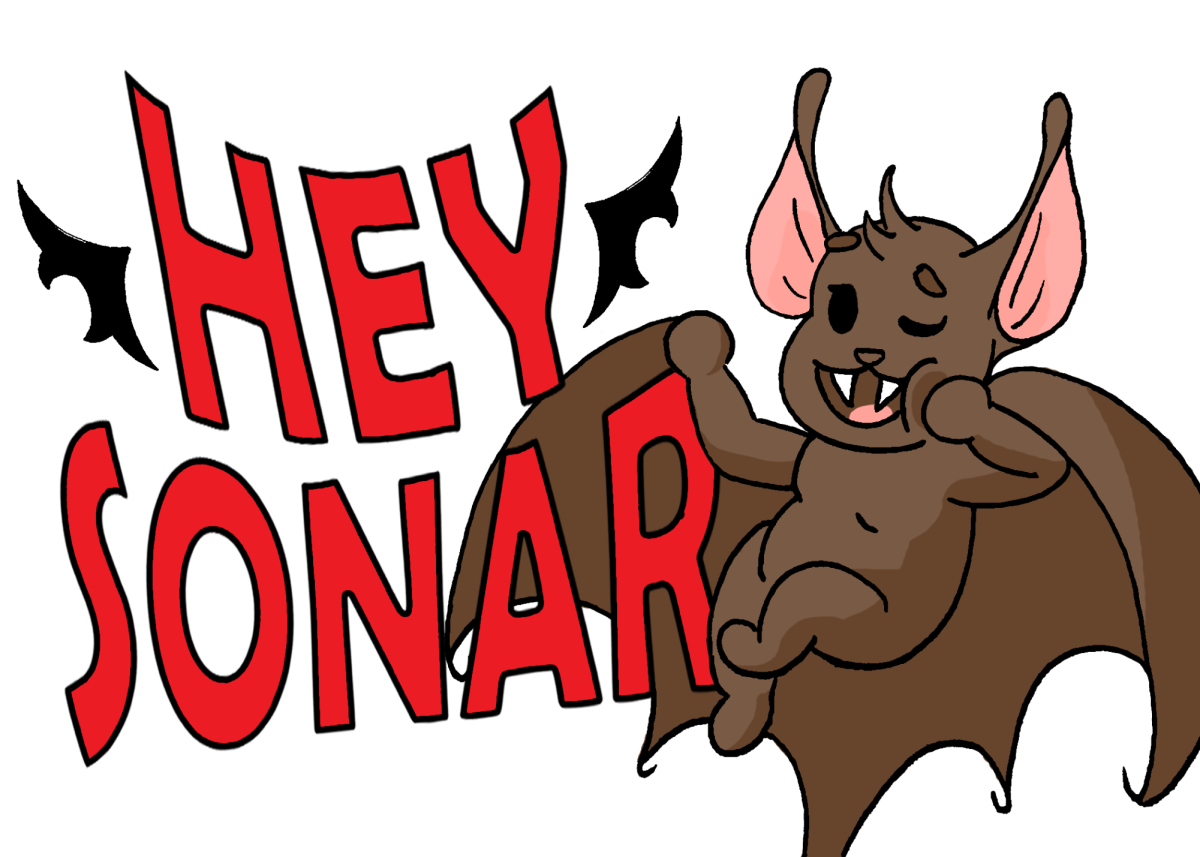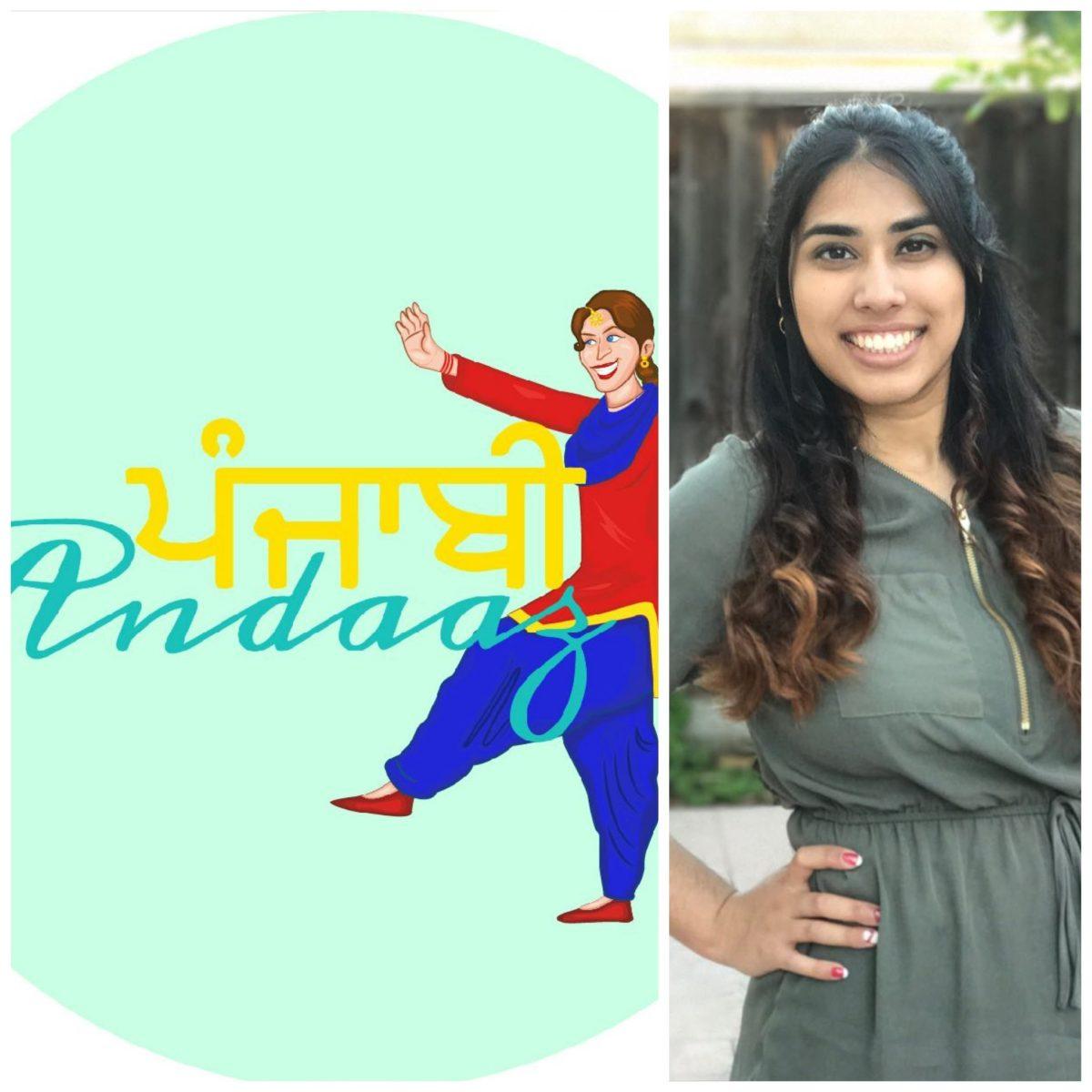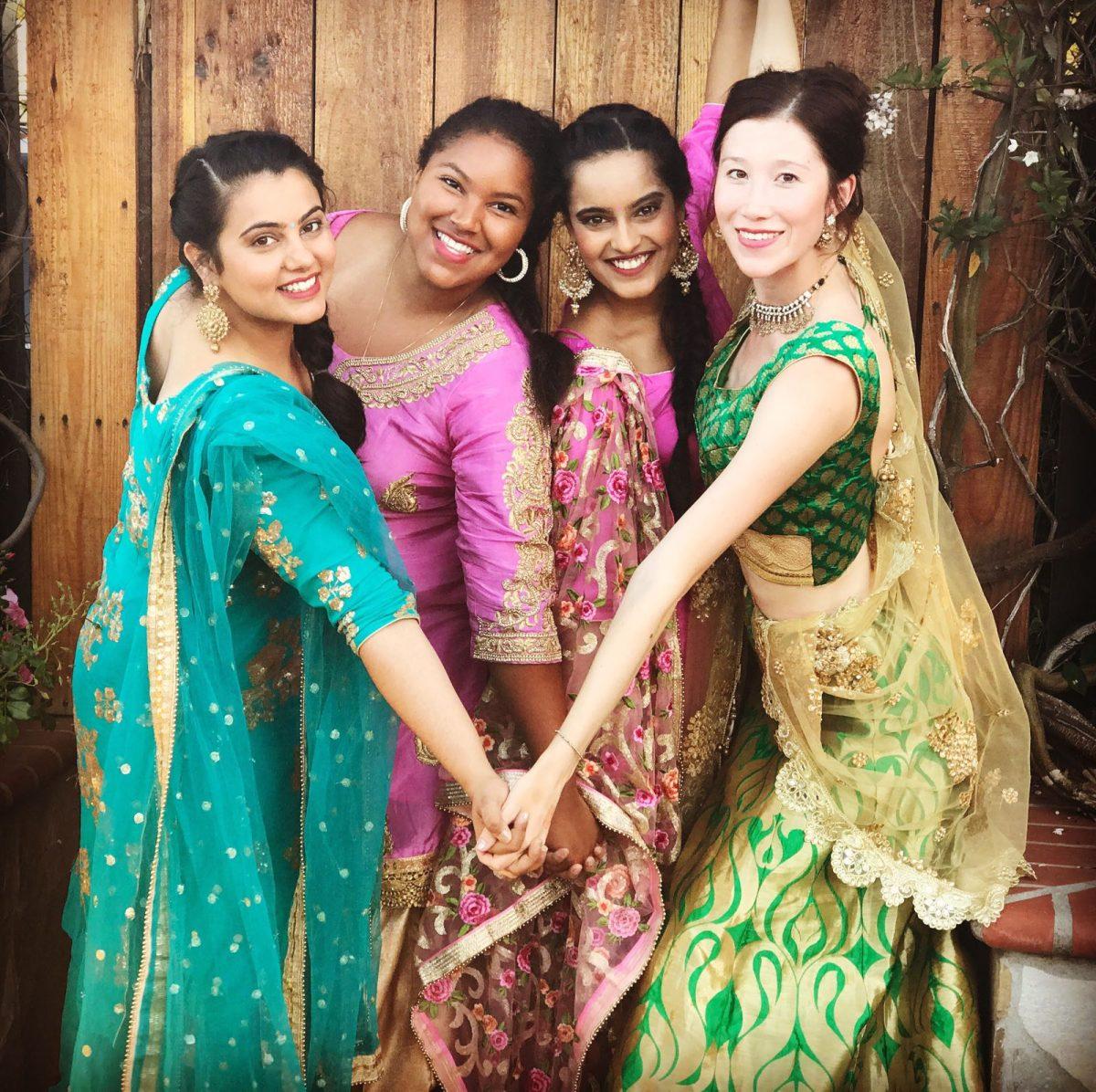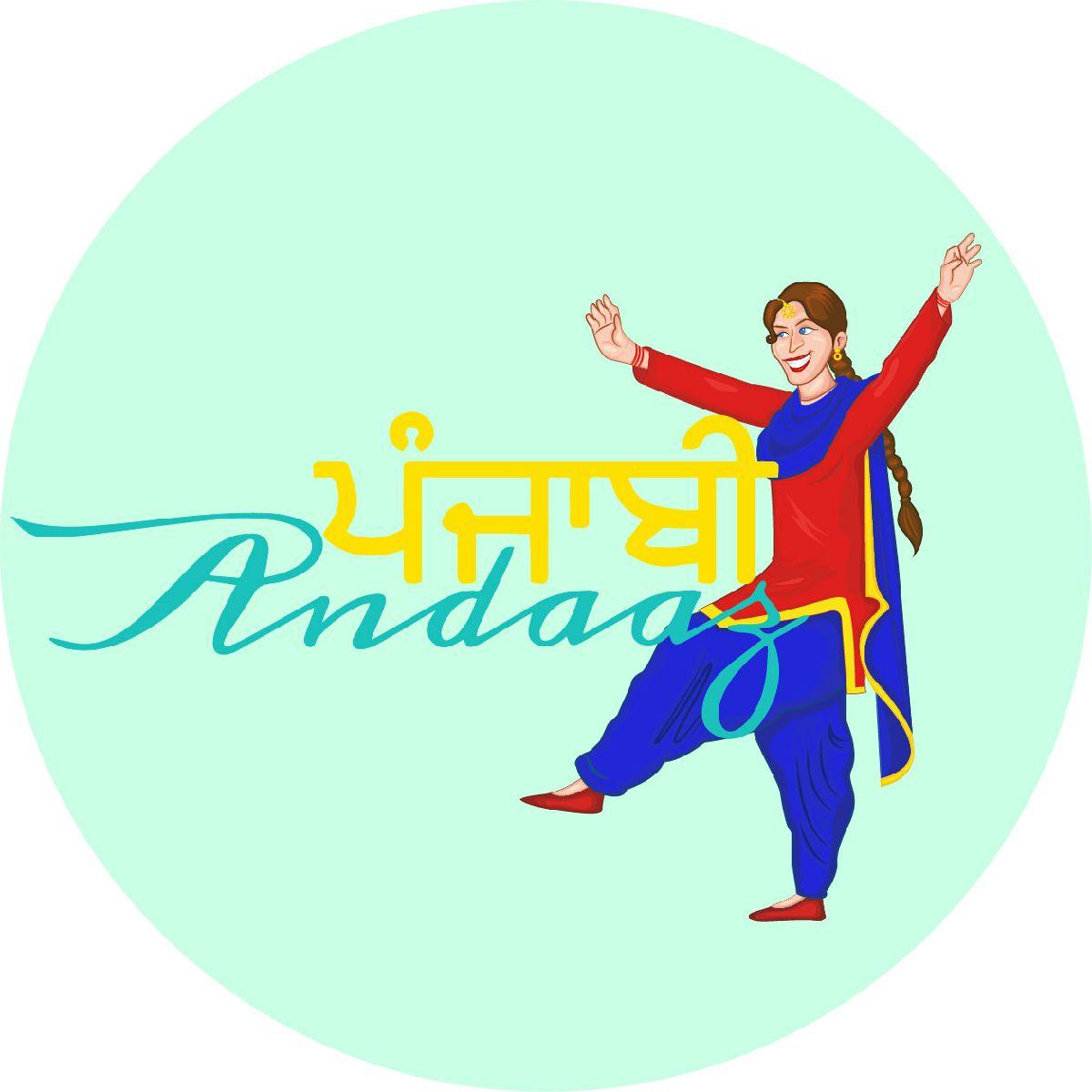Music can evoke emotions and awaken something inside of us that can be somewhat unexplainable. Through music, we develop a sense of community that goes beyond the mundane “Hi, how are you,” as we search for a deeper connection in our lives.
According to Dr. Steve Arounsack, an anthropology professor at California State University Stanislaus (Stan State), music conveys a message that “resonates throughout cultures,” breaking down barriers in the process.
“Music is a topic that i’ve looked at through a couple of my documentaries, and I would say that music is a language without language. What that means is that people can understand it, it’s in almost every culture, but you don’t have to know the language to appreciate it or to enjoy it,” Dr. Arounsack said.
Dr. Arounsack added that often music and religion come together to create a sense of communitas in a “convening dimension of cultures.”
Whether a person be listening to music to destress or worshipping God in a community setting, the fact that music has the capacity to break down barriers between groups of people makes it a unique medium unlike other forms of communication.
According to Conrad Kottak, author of Mirror for Humanity: A Concise Introduction to Cultural Anthropology, communitas is “an intense community spirit, a feeling of great social solidarity, equality, and togetherness.”
Thus, when members of a choir, for example, come together to sing there is a heightened sense of social solidarity that occurs between the group.
Angelica Maghinay(junior, English, Philosophy) is apart of Stan State’s choir, which is a music course that students can enroll in. She stated that their choir group works to convey the intent of the song to their audience as they sing in unison.
“Since it is a group, you get to the point where you’re all in sink,” Maghinay said. “You really feel it, you feel how high the emotion has gotten…It’s very fleeting, but it’s very powerful.”
Maghinay added that their professor will often have them sing a wide range of songs tied to Latin-American, German, Portuguese, or Hebrew cultural themes.
Alexa Marquette (junior, Sociology), who is also apart of Stan State’s choir course, said that she feels connected to the music she sings as well.
“Sometimes we sing pieces in different languages, it puts the meaning of the words in perspective,” Marquette said.
She added that she often feels music helps us get our emotions across better to paint a picture that words can’t. At times, Marquette said, she can even feel what the composer was feeling when they wrote it.
Dr. Arounsack stated that a person is able to enjoy music even if they cannot understand the words because of the emotive tone songs tend to carry out.
“I was just down at a religious Sikh event with the Punjabis, and you see the worship and the music that they have there, and it kind of gives you that vibe that music is that fabric that brings everybody together. We can even look at it like it’s a fire in the middle of the night, everybody is drawn to it,” Dr. Arounsack said.
Katharine Kirner is the Chair of the Board of Directors for Threshold Choir from the San Francisco Chapter. She felt that she needed to do something important with her life after she overcame a brain tumor that had left her temporarily blind and unable to walk.
Kirner joined the nonprofit organization to make a difference in the lives of people who were on the threshold of life through her love for singing.
“I find that, if they’re [people at the threshold of life] alert, it [music] helps them to relax and settle,” Kirner said. “If people fall asleep, it’s a good sign.”
Kirner added that for some people, the music is like a lullaby to them. The Threshold Choir group are often invited by other families or by hospice houses to sing to people in need of comfort.
“I think music is a universal language,” Kirner said.
Kirner stated that being with a person when they are on the threshold of life can be a very intimate process to experience with people.
The fact that music can help us develop relationships and express how we are feeling when we can’t find the words is, to me, such an incredible gift that we can share with others.
“You don’t have to understand the language in order to enjoy and in order to absorb it, and I think that’s what makes it so universal is the fact that you can embrace something without truly understanding it. Dealing with uncertainty is what religion helps us to do, so that’s the nexus between music and religion this idea that life is so uncertain in so many ways whether it be good or bad,” Dr. Arounsack said.

